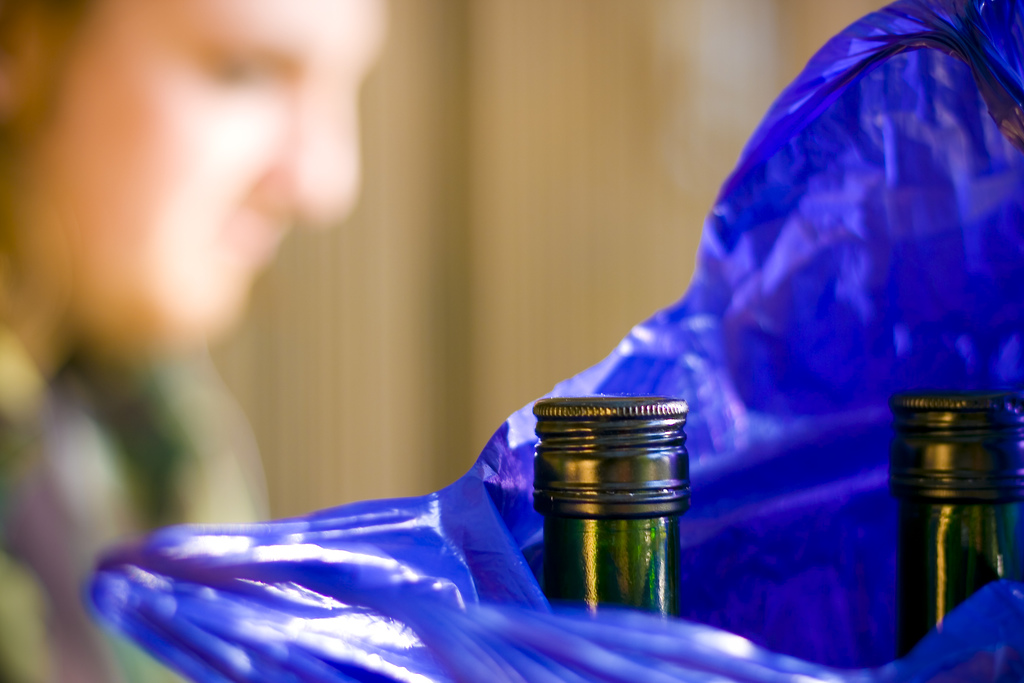
There’s no doubt alcohol has always been a hot topic in Ireland. Last month, the government announced its long-awaited alcohol strategy. The plan includes a requirement for bottles to carry calorie levels and specific health warnings (similar to those carried on cigarette packs), for small shops and supermarkets to relegate their off-licence to one part of the shop and, most importantly, the application of minimum pricing to cheap alcohol, according to its strength.
This comes after the ordinary price of alcohol has already been raised in the last budget. The legislation won’t be ready until next year, but the measure could well end up being opposed by EU laws before having a chance at being brought in.
Reading the news, it’s reasonable to wonder whether Ireland is dealing with the issue of alcohol in the right way, or is this just the same old matter of money, as many people believe. To give some context, it is worth noting how other countries around the globe regulate alcohol sales.
In Ireland, it is illegal for people under the age of 18 to buy alcohol or to consume it in a public place. Minors can drink alcohol in a private space, as long as permission is given from a parent or a guardian.
However, alcohol is sold in stores within limited times: from 10.30am to 10pm on weekdays and from 12.30am to 10pm on weekends. Tesco has a particularly strict policy, which includes not allowing parents to buy alcohol in front of their children and considers passports as the only valid ID documents for international students to prove their age.
Italy recently raised the legal age from 16 to 18; there is a fine of between €250 and €1000 for selling alcohol to people under such age.
In the Republic of Lithuania drinking in public is against the law. Selling alcohol in stores is prohibited from 10pm to 8am and every year on September 1st.
Russia has a completely different approach, since there is no actual law to prevent minors from consuming alcoholic beverages.
In Germany, from the age of 14, teenagers can consume fermented alcoholic drinks such as beer in public, provided that a legal guardian is present.
The legal age for the UK is 18, however, 16 and 17 year olds can drink beer, cider or wine if ordered with a meal in licensed premises. Just like in Ireland, buying alcohol on behalf of a minor is against the law.
Under the National Minimum Drinking Age Act of 1984, the US central government punishes every state that allows under 21 to purchase alcohol and in public.
There are still 9 countries in the world where the consumption of alcohol is strictly forbidden to anybody: Afghanistan, Brunei, Iran, Kuwait, Libya, Saudi Arabia, Sudan and Yemen; with most alcohol related laws are linked to religious beliefs.
Leaving aside whether the Irish government should follow any of these models, increasing alcohol prices doesn’t seem to be the right solution; Irish teenagers are consuming alcohol at a rate significantly above the European norm, despite Ireland’s alcohol prices bring among the highest in the EU.
Gianluca Avagnina



Leave a Reply